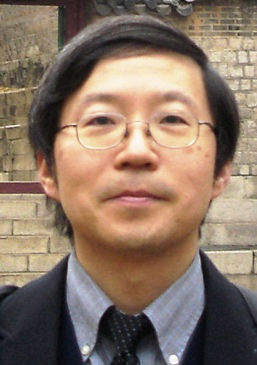英文首页﹀
Ping Wang : Mismatch and Assimilation
2018-11-28
Mismatch and Assimilation
Time:4:00pm - 5:30pm, Oct 19, 2018
Venue:Room 359S, Overseas Exchange Center, Peking University
Speaker:Ping Wang (Department of Economics, Washington University in St. Louis)
Abstract
Income disparity across countries has been large and widening over time. We develop a tractable model where factor requirements in production technology do notnecessarily match a country's factor input profile. Appropriate assimilation of frontier technologies balances such multi-dimensional factor input-technology mismatch, thus mitigating the efficiency loss. This yields a new measure for endogenous TFP, entailing a novel trade-off between a country's income level and income growth that depends critically on the assimilation ability and the factor input mismatch. Our model accounts for 80%-92% of the global income variation over the past 50 years. The widening of mismatch accounts for 40%-60% of the global growth variation, whereas physical capital accounts for about one third with human capital largely inconsequential. While about 30% of the growth performance in miracle Asian economies can be attributed to successful assimilation which narrows the gap arisen from mismatch, almost 70% of growth stagnation in trapped African economies is due to the lack of assimilation. A country may fall into a middle-income trap after a factor advantage reversal that changes the pattern of mismatch.


